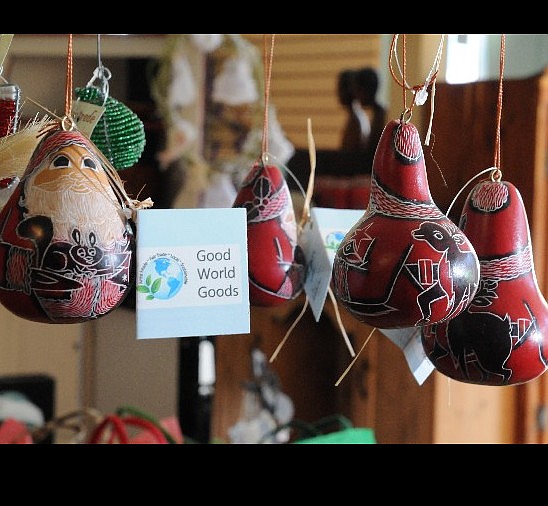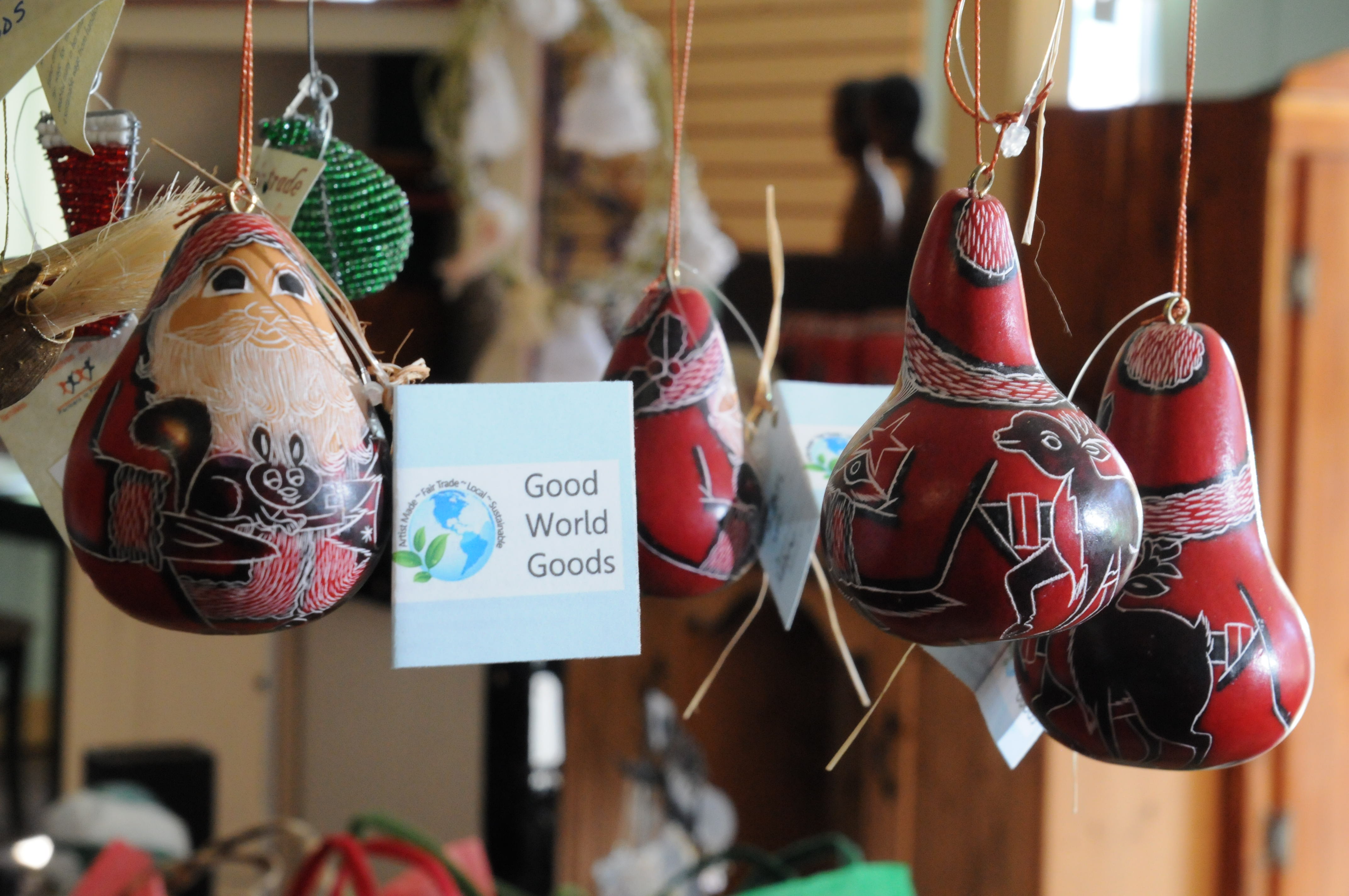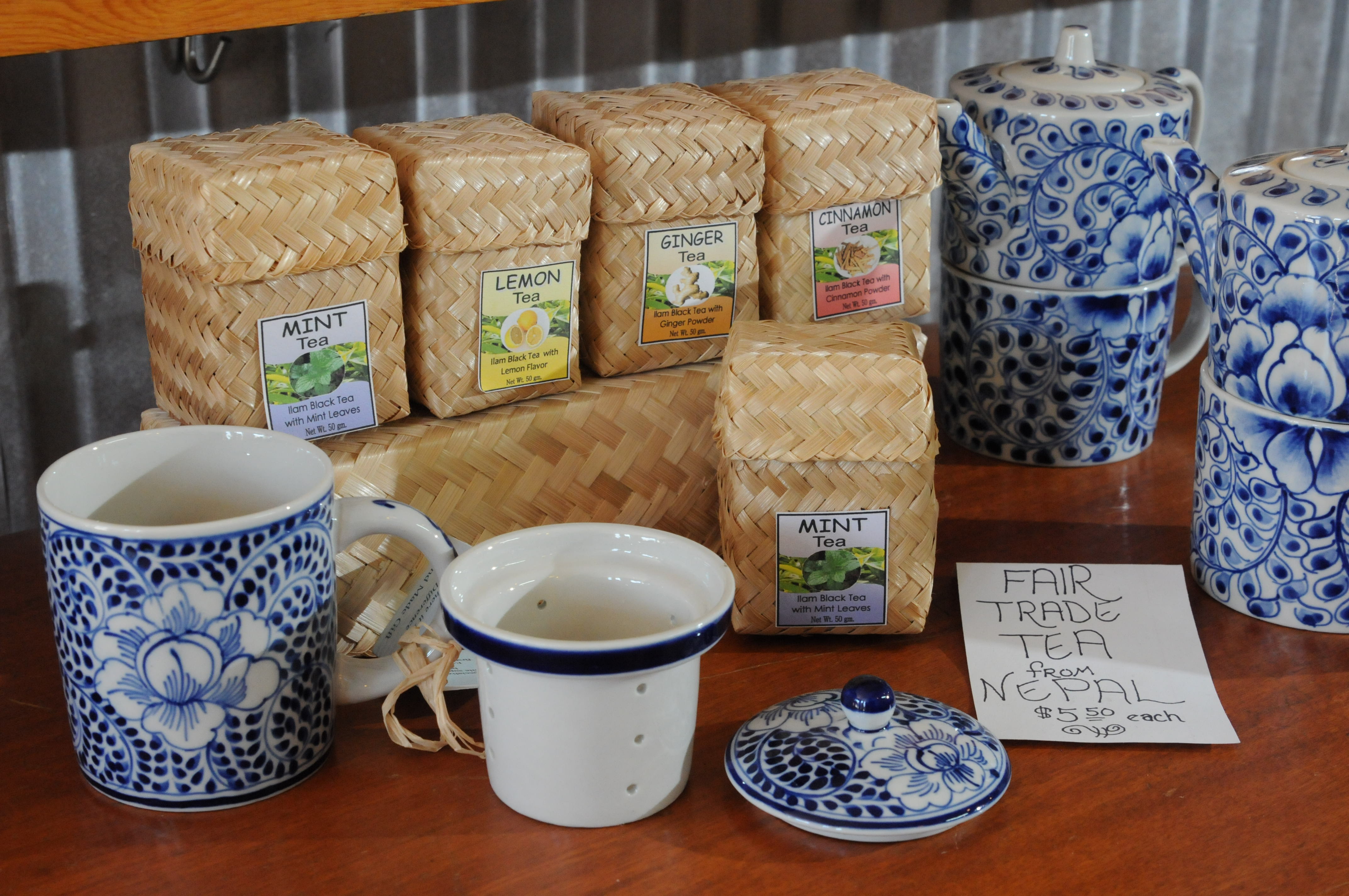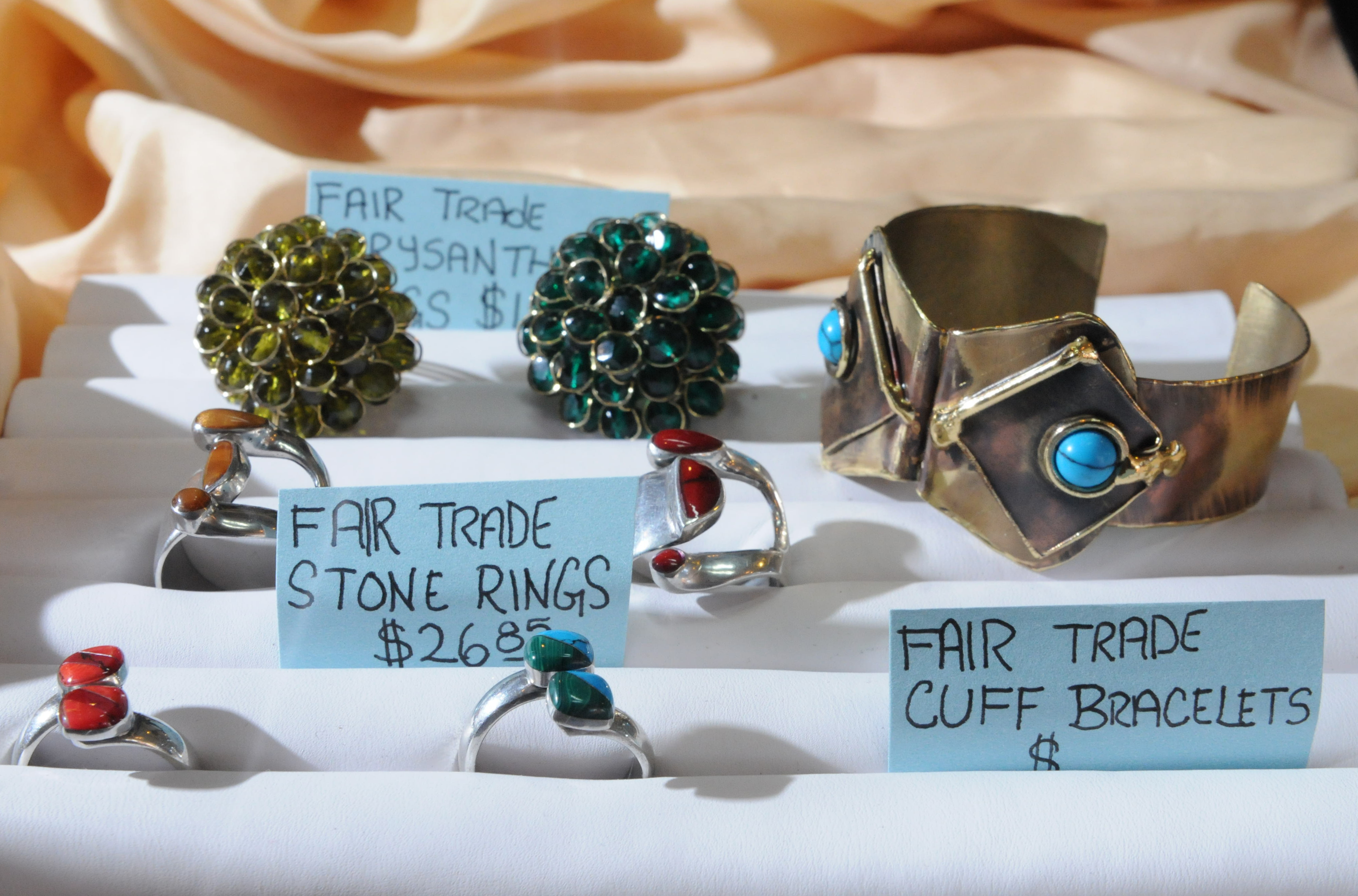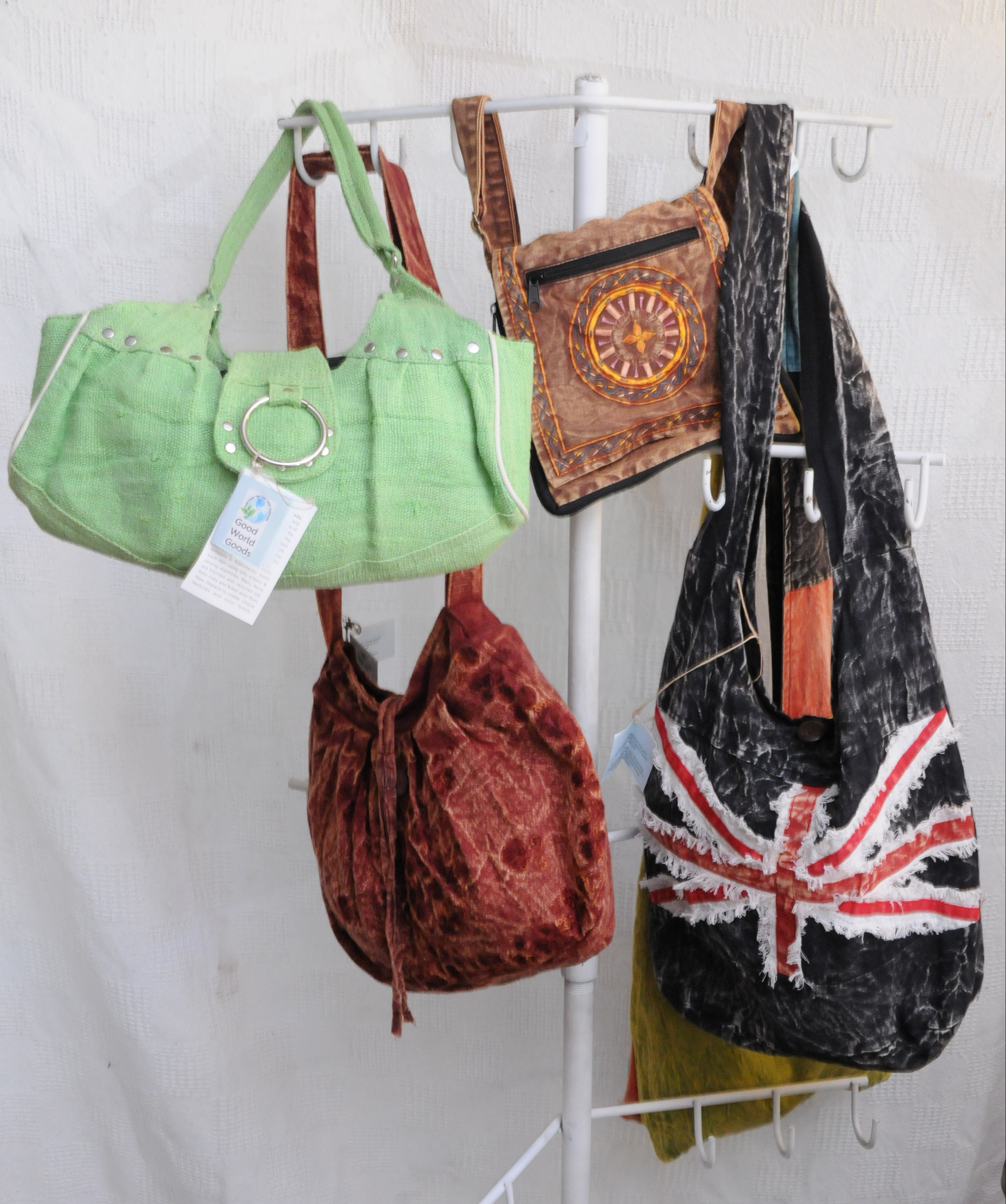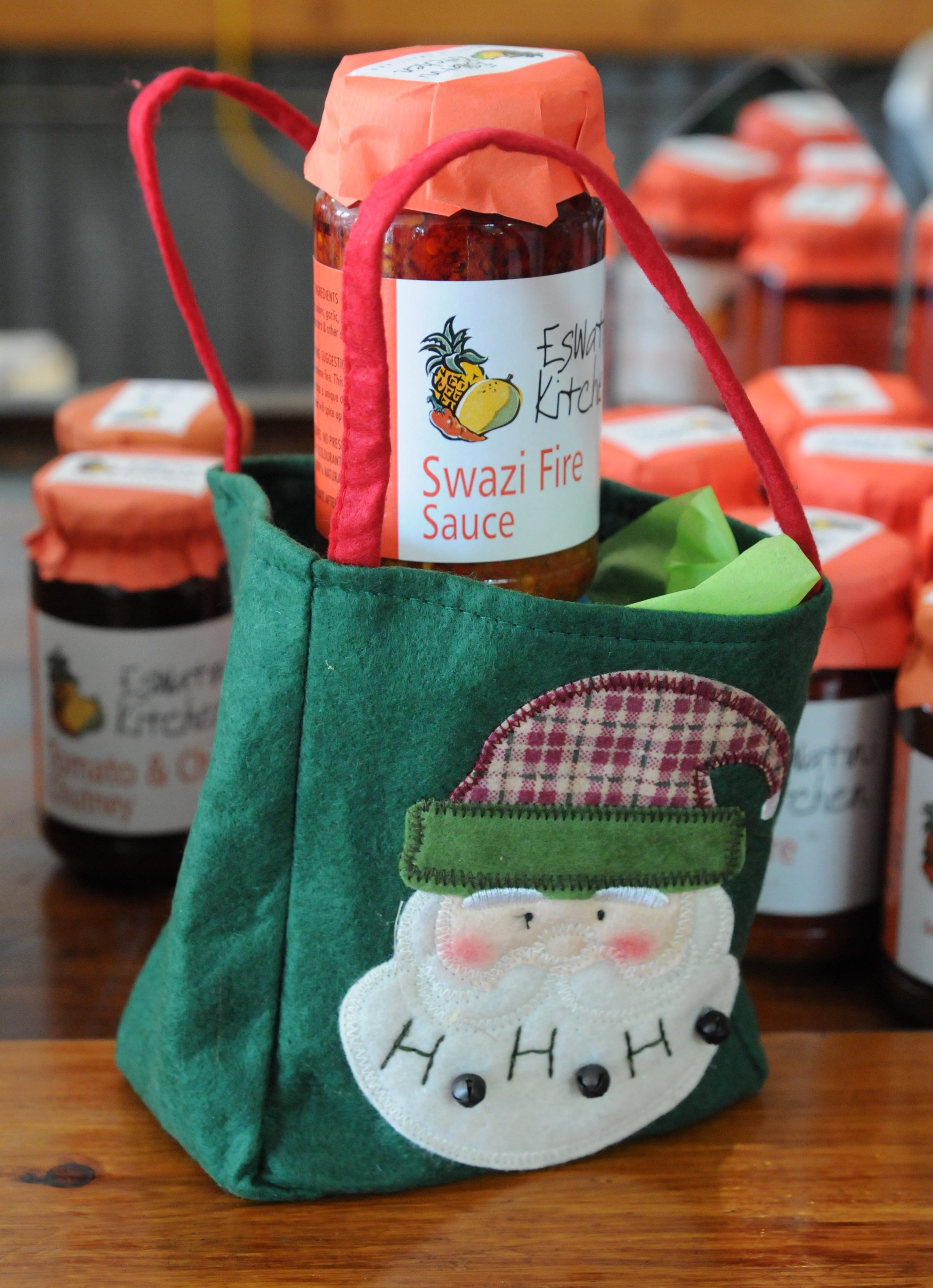When Victoria York and her husband opened their Hixson retail gift store, Good World Goods, about three years ago, they had a goal in mind - to be globally responsible.
To that end, York and husband, Brad Tomlinson, only buy Fair Trade items, goods that are purchased directly from the artisan making them, ensuring that money made from the sale gets back to the maker, not a vast international corporation.
Success of Good World Goods has taken it from a 350-square-foot boutique on Hixson Pike to a 3,000-square-foot store in East Brainerd. And, while still buying items from artisans around the world, York and Tomlinson also turn their eyes to the Chattanooga area.
"We opened the store hoping to give opportunities to artisans both globally and in our own hometown," York says. "My husband and I have always strived to be socially aware. We were both blessed to have parents who taught us empathy and have an appreciation for the arts, so we knew when we opened our store we wanted to focus on giving back and acquiring goods that are ethically sourced.
"In addition to Fair Trade, we have expanded to include local artisans and donate a meal to the Chattanooga Food Bank with every purchase. There is still so much more we want to do to make an impact against poverty, and we really look to our guests to support us and show us what's important to them."
Other stores in the Chattanooga area focus on Fair Trade items, including World Next Door on Market Street and Go Fish on Frazier Avenue.
According to fairtradefederation.org, fair trade "supports farmers and craftspeople in developing countries who are socially and economically marginalized. These producers lack economic opportunity and often face steep hurdles in finding markets and customers for their goods."
It's a "people-powered solution to global economic injustice," reports greenamerica.org, a nonprofit that works for social and economic equality worldwide. "Fair trade helps ensure that farmers and artisans throughout the developing world receive a fair price for their products, have direct involvement in the marketplace and uphold environmental and labor rights standards."
York says products sold in her store represents numerous organizations from all over the world -- from Nepal to Latin America, North and South Africa and Asia.
"Fair Trade simply means giving workers fair pay and decent working conditions. It's important to know that Fair Trade is not a hand out," she explains. "It's making sure that child labor and sweat shops fade into history. Genuine Fair Trade is strictly regulated and allows communities to grow, build schools and enrich their own environment, which now includes organics and thinking ecologically."
Go Fish was founded in 1987 by Curt and Barbara Coleman in Pensacola, Fla.. According to the company's website, shopgofish.com, most of the items sold in 13 stores in six states were made by indigenous people of developing nations.
"We never argue a price or take advantage of the poor, but always give them the dignity and respect of buying these hand-crafted goods at their asking price," Coleman says on the website. "All we ask in return is consistent quality."
Sherra Lewis, owner of the local Go Fish store, says it's a "feel good" store.
"When people shop here, they know they've helped someone. It's a dual-purpose shopping experience," she says. "You're buying perhaps a Christmas present for someone and, at the same time, you're helping people in another country. And the more we sell, the more we buy. And the more we buy, the more the families continue to produce."
Lewis says Go Fish also gives her the chance "to do something global" at home.
Christ United Methodist Church in East Brainerd supports Fair Trade and local charities in its annual "Alternative Gift Fair" held for the past six years at the church.
"We as a church feel it is important to give church attendees the opportunity to learn about and support nonprofit agencies," says Becky Hall, director of ministries at Christ United. "We encourage the congregation to donate in honor of their family and friends instead of giving them a token gift."
This year, the church featured a dozen agencies and groups such as Amani ya Juu (Swahili for "higher peace"), a sewing and economic training program ministry for marginalized women in Africa; Mustard Tree Ministry, which provides food, clothing and support services to the homeless in Chattanooga; Heifer International, a charitable organization dedicated to relieving global hungry, and The Partnership for Families, Children and Adults, Chattanooga's largest social service agency.
"We try to not have a lot of gifts actually for sale the day of the Alternative Gift Market," Hall says. "That gives an unfair advantage to some of the other agencies who do not have products, but we want the congregation to support. For instance, Amani Ya Juu had lots of samples of goods made by African women who are working in a cooperative, those items consisted handbags, dolls, and jewelry. They encouraged people to come to their shop of off Willow (St.)."
The Partnership for Families, Children and Adults had silver bracelets to sell with the proceeds going to the Abuse Crisis Center, she says.
The United Methodist Church also supports an orphanage in South Sudan, Africa, and the gift fair featured framed art created by a youth in the facility. Money from sale of the artwork went back to the orphanage, Hall says.
Good World Goods' York says supporting people in need is a year-round mission, wherever they live. The couple has traveled abroad, including to South America and North Africa, to meet some of the people who are making the products sold in their store.
"We have seen both the poverty and the difference Fair Trade can make in several parts of the world," York says.
Contact Karen Nazor Hill at 423-757-6396 or khill@timesfreepress.com.
